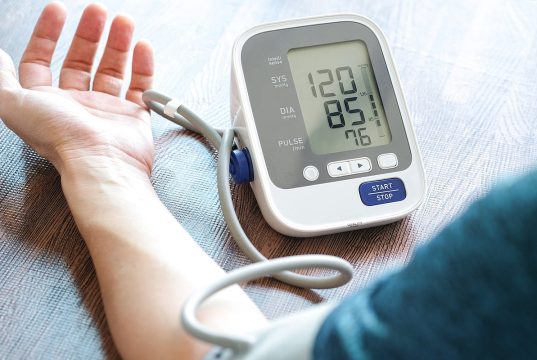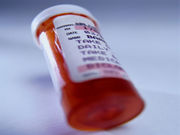Prescribing Drugs ‘Off-Label’ Can Pose Serious Safety Risks
Study raises concerns about using meds to treat conditions for which they weren't approved
Increasing Numbers of Med School Applicants, Enrollees
Med school classes continuing to diversify, with increases in nearly every racial/ethnic category
Synchronized Prescription Renewal Process Saves Time
Renewing all patient's stable medications for 12 to 15 months can save time and money
Nearly 15 Percent of Plans Lack In-Network Specialists
Most commonly excluded specialists are in endocrinology, rheumatology, and psychiatry
Physician Emphasizes Importance of Saying Thank You
Doctor reports feeling deeper connection to his patients; improvement in patient satisfaction score
AMA: Eight Reasons for Nonadherence to Medications
Reasons include fear of side effects, costs, misunderstanding of the need for medications
Cancers Differ in Indigenous, Non-Indigenous Populations
Generally, indigenous cancer rates lower, except for lung cancer in men, cervical in women
Outpatient Spending Higher With Physician-Hospital Integration
Authors say increased spending attributable to price increases, not utilization changes
Americans Spend More on Health Care, but Fare Worse
Comparison with 12 industrialized nations shows more money spent, but life expectancy is lowest
Sorafenib, Sunitinib May Pose Cardiovascular Risk
Higher stroke risk found in older kidney cancer patients taking the drugs



















